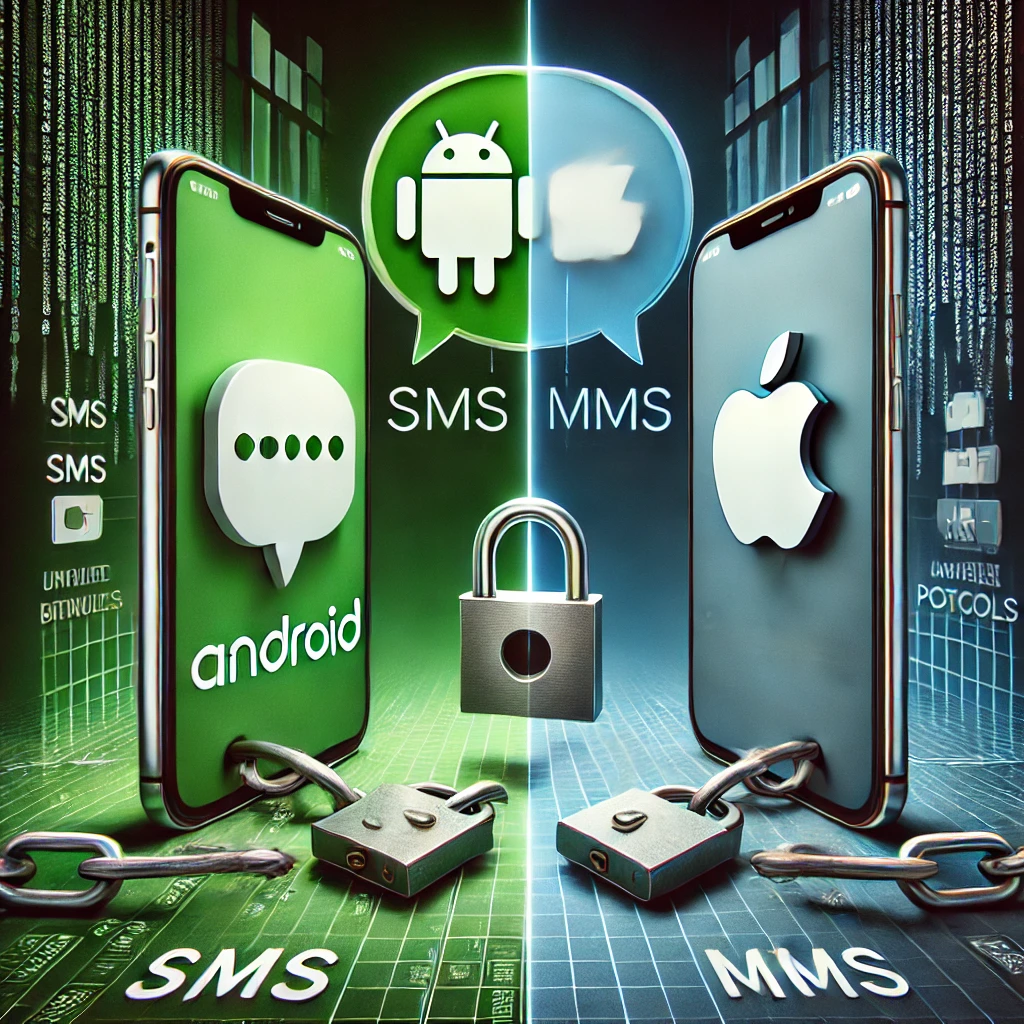Recently, the FBI issued a warning highlighting a significant security concern: communication between Android phones and iPhones is often unencrypted. To understand this issue fully, we need to break down a few key concepts.
What Are Protocols?
In simple terms, protocols are rules that determine how devices communicate with each other. Think of a protocol as a set of guidelines, like using English as a common language for communication in the U.S. If one person speaks Spanish and the other French, they won’t understand each other and would be using unlike communication protocols. Similarly, devices need compatible protocols to communicate effectively just as humans do.
Important Terms to Know
- End-to-End Encryption: This ensures that only the sender and the recipient can read a message. Even if the communication is intercepted, it remains secure because it is encrypted.
How Android and iPhone Communication Works
Both Android and iPhone have their own communication protocols:
- iPhone: Uses iMessage, which encrypts messages sent between iPhones.
- Android: Uses RCS (Rich Communication Services), which also encrypts messages between Android devices.
These proprietary protocols work well within their own ecosystems, meaning that as long as the communication stays within Android devices or iPhone devices the communication is encrypted. However, the problem arises when an iPhone user communicates with an Android user.
The Problem
When an iPhone sends a message to an Android phone, the two devices can’t use their proprietary encryption protocols because they aren’t compatible. Instead, the communication defaults to an older protocol, SMS/MMS, which lacks encryption and modern security features. This means messages can potentially be intercepted and read by third parties, which is the basis for the FBI’s warning.
Why This Happens
The issue lies in the lack of a universal messaging protocol. Google has developed RCS as a cross-platform solution with encryption, but Apple has yet to adopt it. Until Apple implements RCS, communication between iPhones and Androids will continue to rely on unencrypted SMS/MMS.
Potential Fixes
- Adopting RCS: The simplest solution would be for Apple to support RCS, which is already available for universal use. This would enable encrypted communication between Android and iPhone users.
- Industry-Wide Standards: A broader solution would be for the tech industry to adopt a universal messaging protocol that all devices and carriers support. This would eliminate compatibility issues caused by proprietary protocols.
For the time, if you feel that your communication is held with someone who is not in your ecosystem, try using a third party end to end encryption application. Here are some examples that you can use:
- WhatsApp- Encryption: End-to-end encryption by default for messages, calls, and shared media.
- Signal – Encryption: Uses the robust Signal Protocol for end-to-end encryption.
- Telegram (Secret Chats Only)
Preventing Similar Issues in the Future
Corporations often prioritize their own interests, which can leave consumers stuck with security gaps and inefficiencies. To prevent this, legislation could require companies to adopt universal protocol standards, ensuring secure communication for everyone.
Conclusion
The FBI’s warning underscores the need for better cross-platform communication standards. While adopting RCS or creating a universal protocol would solve the problem, collaboration between tech giants—or government intervention—may be necessary. In the meantime, users should remain aware of the risks associated with unencrypted communication and advocate for more secure solutions.

